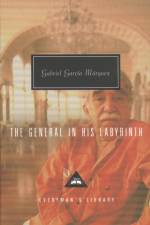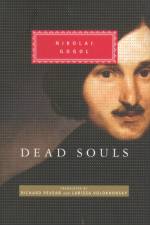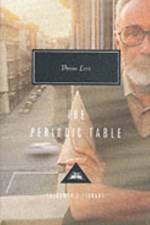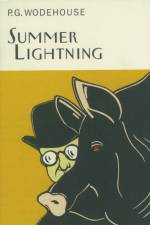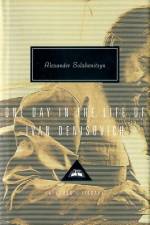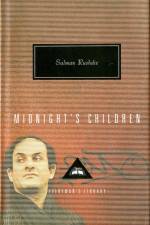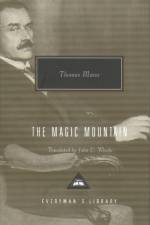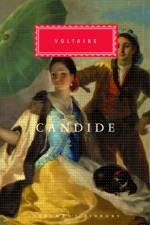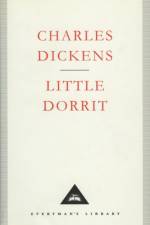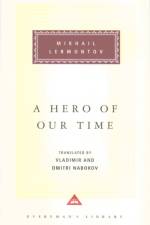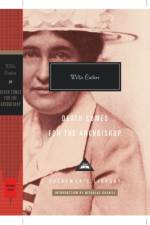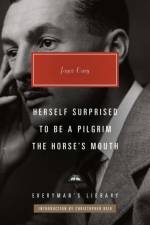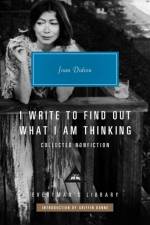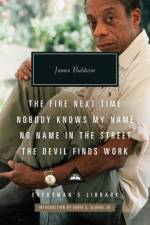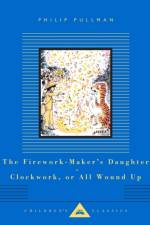av Joyce Cary
337
From her prison cell, the irrepressible, magnetic Sara Monday looks back on the past half-century of her life in Herself Surprised. Born into a poor family, her employment while still a young girl as a cook in a middle-class household set her on a colourful and picaresque path. In To Be a Pilgrim, Tom Wilcher, a wealthy and disgraced lawyer who has been both Sara's employer and her lover, has retreated to his estate near the end of his life to wrestle with his tormented conscience. And the centre of The Horse's Mouth, a charming, talented,impoverished artist named Gulley Jimson-also a lover of Sara Monday-is a restless, rebellious, and self-serving scoundrel whose antics verge on the appalling and farcical.Read together, these three vigorous and unforgettable narrative voices offer a sweeping vision of the first half of the twentieth century that is lyrical, profane, tragic, and comic all at once.Published in 1941, 1942, and 1944, the novels in Cary's trilogy were designed to reveal three complex characters, not only as they see themselves, but as they are seen by one another, resulting in a work of three-dimensional depth and force.'Family life just goes on. Toughest thing in the world. But of course it is also the microcosm of a world. You get everything there-birth, life, death, love and jealousy, conflict of wills, of authority and freedom, the new and the old. And I always choose the biggest stage possible for my theme...' Joyce Cary

